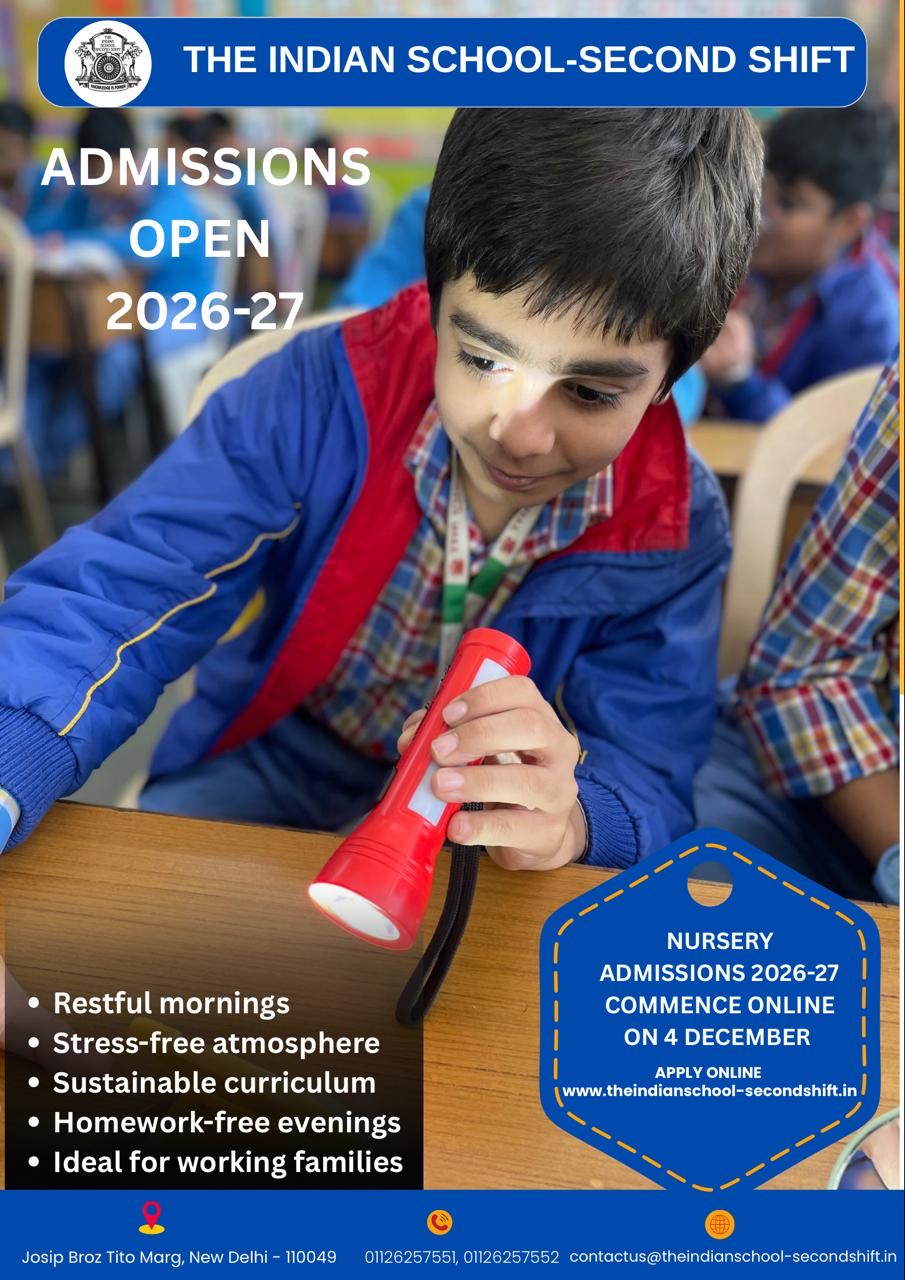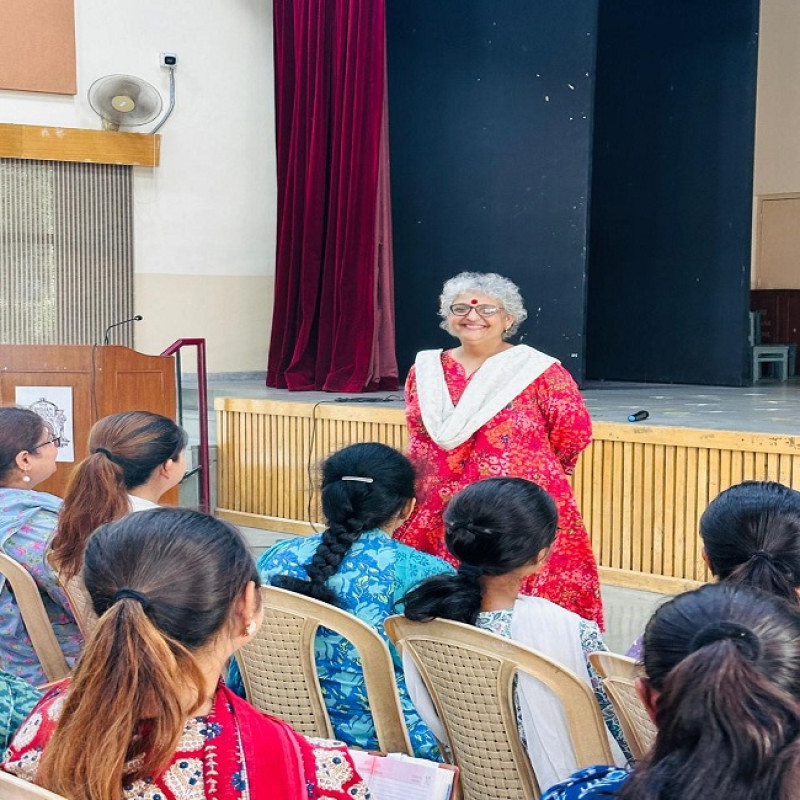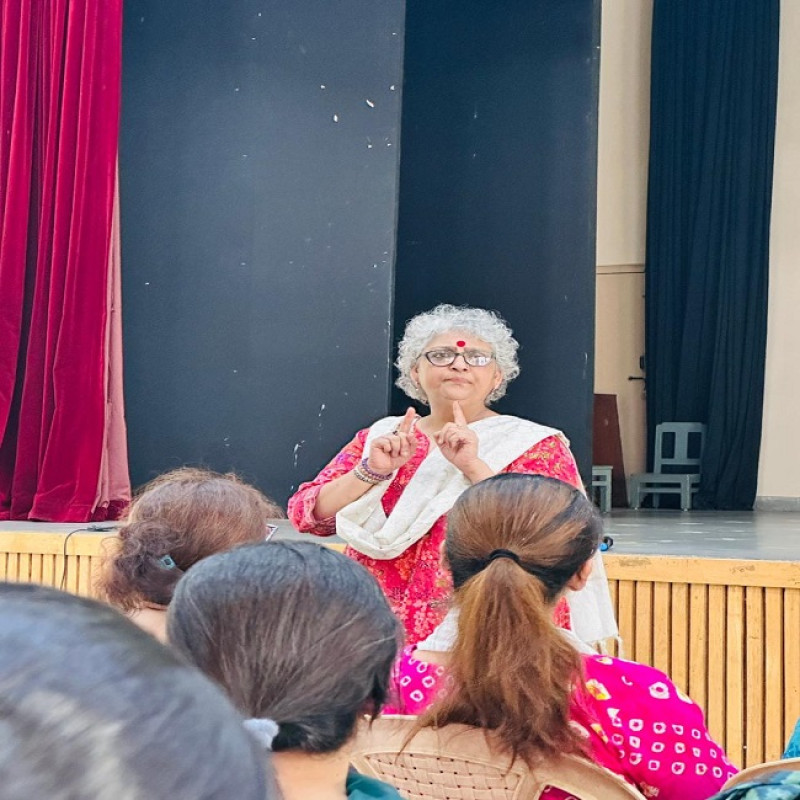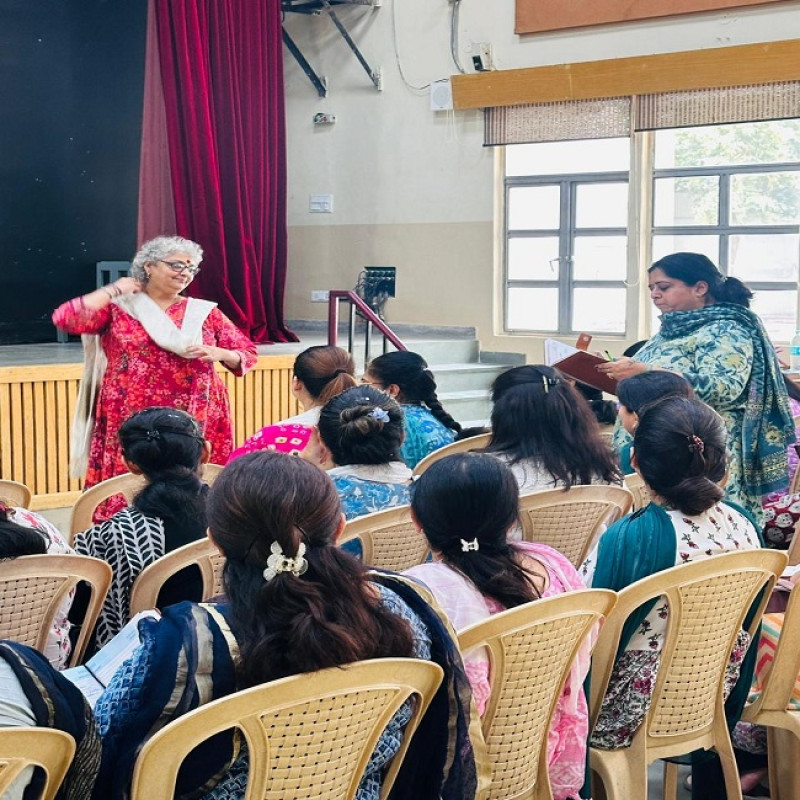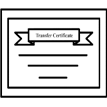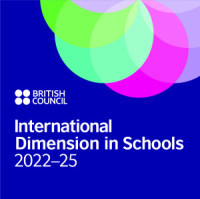Teacher workshop on 'Enhancing Functional Classrooms'
“There is nothing in the intellect that was not first in the senses.” Aristotle
On 27 May 2024, the teachers of classes 3 to 5 attended a workshop conducted by Ms Vandana Nangia, noted educator, known for her expertise in special education, advocating an inclusive learning environment and personalised instruction.The topic of the workshop was “Factors for a Functional Classroom”.
The objective of the workshop was to inspire teachers to create supportive classrooms that nurture the academic and emotional development of all students.
Ms Nangia explained different strategies which when practiced with students can cater to individualised academic and emotional needs. The strategies include effective communication, differentiated instruction, use of sensory modalities, scaffolding, foster social-emotional skills, shaping etc. The workshop also focused on preconceived notions which hinder educators from adapting their methods to suit individual learning styles, that in turn can affect academic progress.
The speaker emphasised learning through the 9 senses, vis., visual, auditory, olfactory, gustatory, tactile, proprioception, vestibular, kinesthetic and interoception. Teachers who recognise the benefits of incorporating the nine senses in the classroom transaction can provide students with more than just an awareness of their surroundings—they can also help support the students’ mental health.
Ms Vandana Nangia underlined the importance of personalised instruction tailored to individual student needs. She shared her mantra, "If I can't learn the way you teach, teach me the way I learn". She indicated the importance of different learning styles and clarified the role of recognising and accommodating various learning styles in the classroom.
The speaker included real life examples and her own personal experiences to make it easier for students to relate to the objective of the session.
The workshop was a valuable experience for the teachers as it provided them with useful strategies and techniques to identify individual differences and to create functional classrooms conducive to the students' academic and emotional development.

